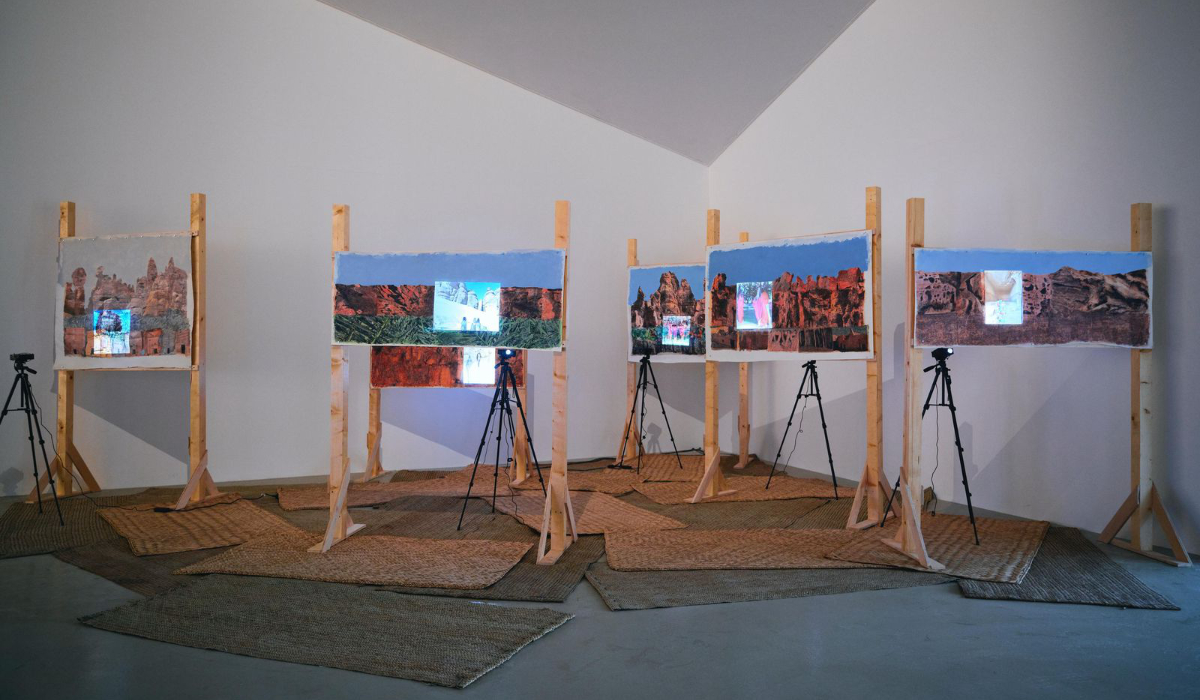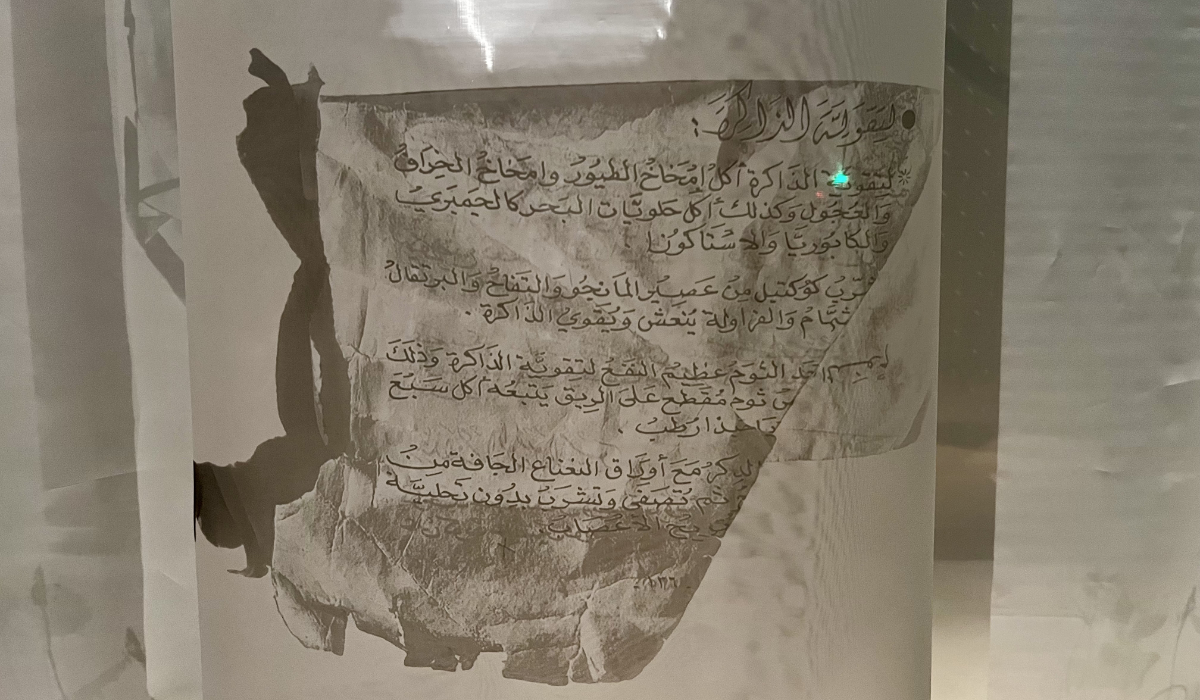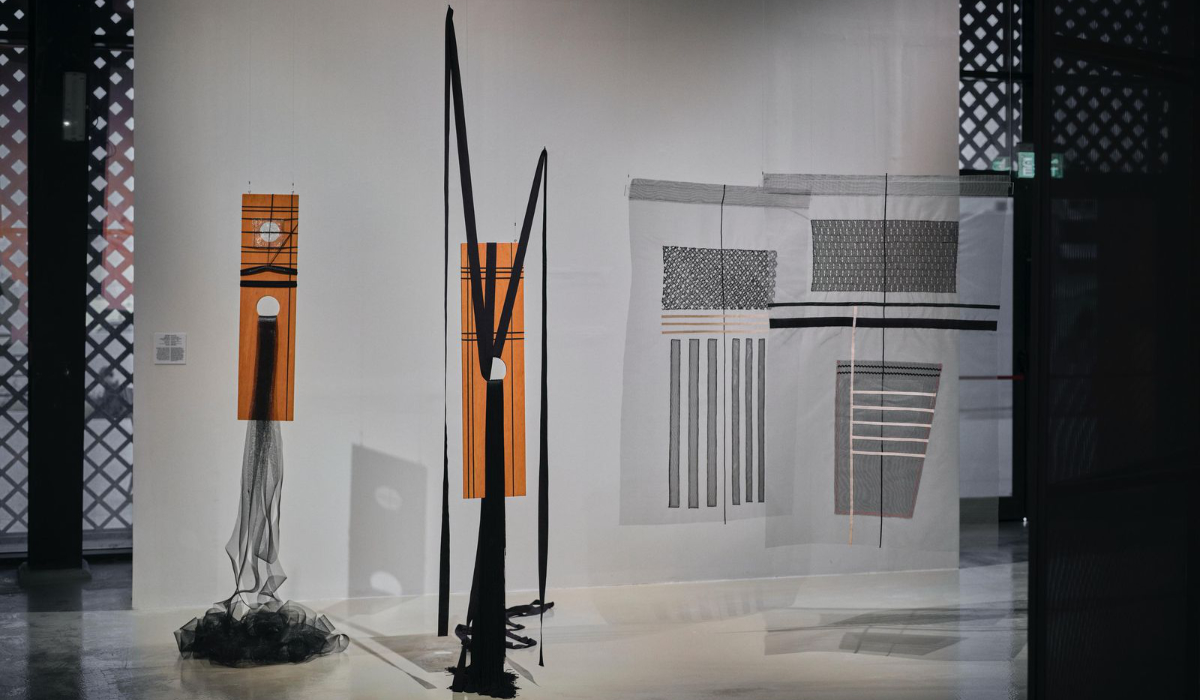RIYADH: The Gates Foundation is working with Saudi Arabia to help protect 370 million children from polio each year and lift millions out of poverty in 33 Islamic Development Bank-member countries, a leading official from the foundation said on Tuesday.
The organization is also preparing to open a regional office in Riyadh, at Mohammed bin Salman Nonprofit City, to enhance its collaborations with authorities in the Kingdom.
“We have had a very strong and growing partnership with Saudi Arabia for some time. We work together on a variety of issues,” Dr. Chris Elias, the foundation’s president of global development, told Arab News at the 4th Riyadh International Humanitarian Forum.
During a special meeting of the World Economic Forum in Riyadh last year, Saudi aid agency KSrelief and the foundation announced a joint initiative to eradicate polio, improve global health and alleviate poverty.
“As we saw at the signing ceremony in the opening session of the RIHF on Monday … Saudi Arabia signed these agreements with the World Health Organization and UNICEF for $500 million over the next five years for the Global Polio Eradication Initiative,” Elias said. The funding provided by these agreements will be allocated to UN agencies that help implement the initiative.
“We also fund WHO and UNICEF,” he added. “So our partnership is that we together give money to the key organizations that are fighting to eradicate polio.
“I currently chair the board of the Global Polio Eradication Initiative, which is implemented by WHO and UNICEF, and we have made tremendous progress on eradicating polio from the world.
“We are down to two countries; for the last eight years, the only countries with endemic polio have been Pakistan and Afghanistan. So the majority of our effort at present is to finish the job on the eradication of polio in those two countries.”
Speaking about the Kingdom’s contributions to these efforts, he said: “Saudi Arabia made a very large pledge and, as a consequence, we added a representative from the Kingdom to the governing board of what’s called the Polio Oversight Board for the Global Polio Eradication Initiative, that actually reaches about 370 million children a year with immunization.
“The second major component of our collaboration has been with the Islamic Development Bank on the Lives and Livelihoods Fund, that began five or six years ago. After a very successful first phase, we announced the Lives and Livelihoods’ second phase last year, to which Saudi Arabia pledged $100 million.
“And our pledge was up to $100 million, to a limit of 20 percent of the funds, because we have other funders coming in: the government of the UAE, the government of Qatar, as well as support from the Islamic Development Bank itself through the Islamic Solidarity Fund for Development.”
Elias also pointed out that the Gates Foundation, a charitable organization established 25 years ago by Microsoft co-founder Bill Gates and his former wife, Melinda, has been working to support UNICEF’s humanitarian relief efforts in Gaza.
As for the opening of a regional office in Riyadh, he said: “We are in the process, following through on the registration.”
During the Misk Global Forum in Riyadh last November, the Gates Foundation and the Mohammed bin Salman Foundation, also known as Misk, announced Challenge for Change, a program that aims to provide support for nonprofit organizations and social enterprises across Saudi Arabia.
This assistance includes seed funding for researchers, innovators, entrepreneurs and nonprofits that have the potential to make a social impact in the Middle East and North Africa, Elias explained.
In Afghanistan, “which has one of the most significant humanitarian situations in the world,” he said that the foundation is working with the Kingdom, the governments of the UAE and Qatar, and the Islamic Development Bank to help strengthen the healthcare system in the country.
“We also work with the Kingdom on disease outbreaks,” Elias added. “We have a partnership, together with the WHO, for the Global Health Emergency Corps that sets out actions to save lives during health emergencies. It involves many countries but Saudi Arabia is serving as a pilot country for that emergency core.”
It is very important to get disease outbreaks under control quickly, he said, and this is something that is particularly relevant in Saudi Arabia, a country that welcomes so many visitors from around the world every year for Hajj and Umrah pilgrimages.
“The Kingdom takes the protection of the holy sites and the protection of pilgrims who come to the holy cities, Makkah and Madinah, very seriously,” Elias noted.
Regarding the recent decision by President Donald Trump to withdraw the US from the WHO, Elias said: “WHO provides important guidance for countries around the world in public health. Gates Foundation is a major supporter of the WHO. The work of the WHO is going to remain extremely important and we will continue to work with them on these critical health issues.
“Our partnership will remain strong with them. I don’t see us being able to step in to replace funding from the US, or anybody else, but we will continue to partner with the WHO on the most important health issues, polio eradication being one of them.”
KSrelief, the Saudi aid agency, this year celebrates its 10th anniversary and Elias said: “We have worked with KSrelief for many of these projects, on the Polio Legacy Challenge and the Global Polio Eradication Initiative.
“I was very impressed at the forum’s opening ceremony to see they had a wonderful video that documented their 10-year history of humanitarian assistance.
“We have been working with them very intensely for, probably, the last five years. I think it’s really impressive what KSrelief has achieved in the first 10 years. We look forward to working with them for the next 10 years.”































